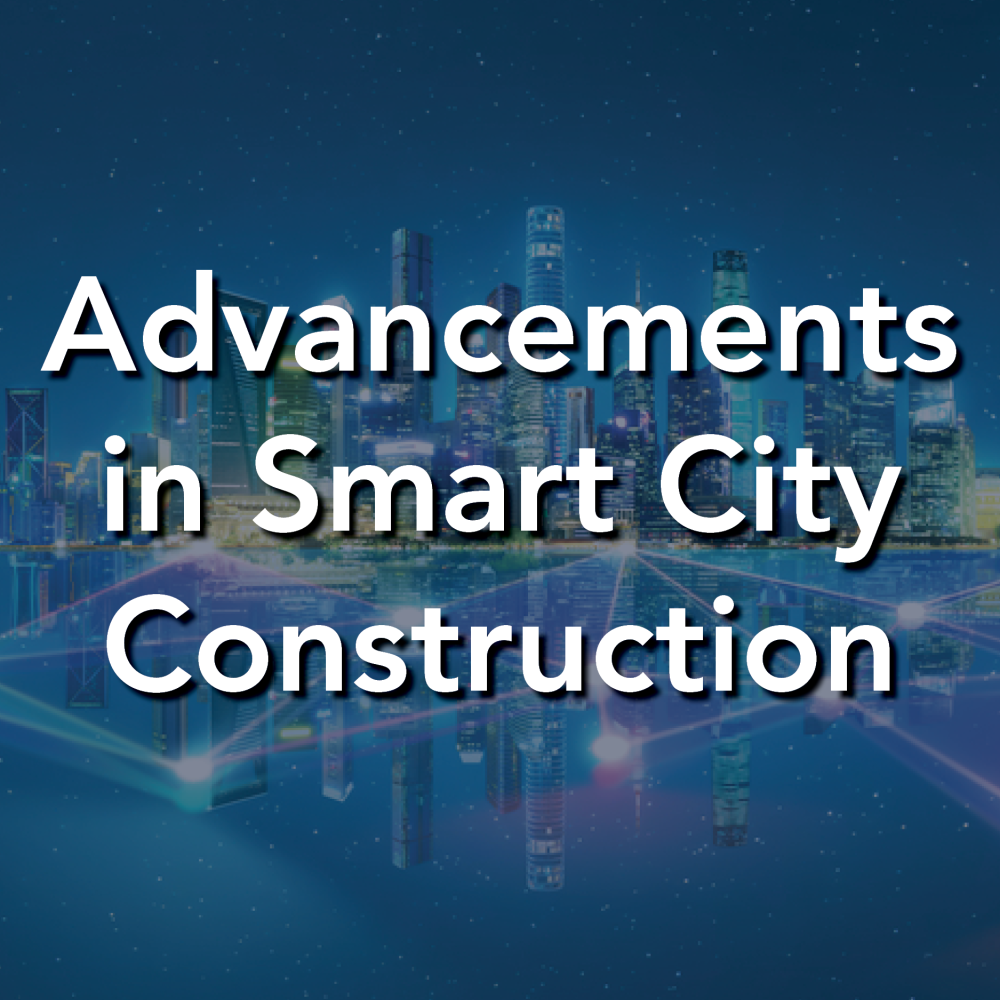
In today's fast-paced world, the building and advancement of smart cities has emerged as a path forward for progress and efficiency. These interconnected urban areas, driven by digital technologies, present huge opportunities for the commercial sector.
As a builders exchange serving the needs of Minnesota's construction industry, we understand the importance of staying up to date with the latest industry trends. Here, we'll explore the cutting-edge advancements in smart city construction that hold great potential for commercial sector contractors.
Connectivity and Infrastructure
Connectivity is a key enabler when it comes to the world of smart cities. Commercial contractors continue to play a pivotal role in building the digital infrastructure required to support these cities. The deployment of 5G networks is quickly changing the landscape, relaying real-time data readings and powering the Internet of Things (IoT). This presents exciting opportunities for constructing smart buildings with integrated sensors and systems, for areas such as:
• Traffic flow, congestion detection at intersections, and parking lot availability;
• Environmental monitoring for air quality, humidity, temperature control, and noise pollution in different parts of a city;
• Smart meters for a building's electrical grid energy consumption patterns, peak demand periods, and overall performance; and
• Water management in water supply networks and irrigation systems for quality monitoring, identifying leaks, and measuring water consumption patterns.
These types of interconnectivity throughout a smart city, among others, create an environment where businesses can thrive through streamlined operations and enhanced productivity.
Sustainable Urban Planning
Smart cities prioritize sustainability, aligning perfectly with the industry's growing focus on environmental, sustainability, and responsible construction practices. Forward-thinking urban planning techniques focus on energy efficiency, waste management, and integration of renewable energy sources, such as solar power, wind power, geothermal heating, and capturing biogases.
Commercial contractors can contribute to the construction of green buildings equipped with such energy-saving technologies, supporting a more sustainable future that will also attract environmentally-conscious businesses and tenants.
Data-Driven Decision Making
Data holds the key to unlocking the potential of smart cities, and the commercial sector can greatly benefit from its insights. Contractors can leverage the vast amounts of data generated by smart city infrastructure and systems (as explored in the section titled 'Connectivity and Infrastructure') for predicting repairs and a city's needs in the future
Data-driven decisions can also keep jobsites connected and continually striding towards a project's completion by leveraging real-time data to improve project management, enhance safety, streamline operations, and increase productivity. Tracking equipment usage and location, material expected delivery dates, identifying potential project delays, assessing potential environmental risks, and sharing the latest project updates are all examples of how construction companies can stay on top of a project's progress while also delivering intelligent, efficient, and cost-effective buildings.
Citizen Engagement and Inclusion
Citizen engagement and inclusivity are also vital considerations. Commercial contractors have the opportunity to create spaces that foster community engagement and enhance the urban experience for residents and businesses alike.
By including smart technologies and design principles that prioritize accessibility, such as smart digital and interactive signage, real-time language translators, smart wheelchair systems for navigating urban landscapes autonomously, and voice-guided navigational assistance (to name a few), contractors can help in developing inclusive spaces that meet the needs of a widely diverse city. The more inclusive a commercial project, the higher the appeal to creating vibrant and thriving urban centers.
-------
Commercial contractors can become a strong backbone in shaping and building technologically advanced cities. By embracing connectivity, sustainability, data analytics, and citizen engagement, there's no end to the transformative possibilities ahead for the urban landscape.